Electrolyte Balance Calculator
Enter Your Electrolyte Levels
Your Electrolyte Balance Report
Enter your electrolyte values to see your balance status
Key Takeaways
- Electrolytes like sodium, potassium, calcium, and magnesium keep heart rhythms steady.
- Both high and low levels can trigger hypertension or dangerous arrhythmias.
- Dehydration, processed foods, and certain meds are the top imbalance culprits.
- Regular blood tests and daily fluid‑mineral habits are the most reliable guardrails.
- Simple diet tweaks-more leafy greens, bananas, nuts, and balanced salt intake-can protect your heart.
When your heart beats, it’s doing more than just pumping blood. It’s orchestrating a fine‑tuned dance of electrical signals that rely on the right mix of minerals. If that mix-known as electrolyte balance-gets off‑kilter, the rhythm can falter, and the whole circulatory system suffers. This guide walks through why those tiny ions matter, how imbalances show up, and what everyday actions keep your ticker running smoothly.
What Is Electrolyte Balance?
Electrolyte Balance is the state where the concentrations of key minerals in the body’s fluids are within optimal ranges, allowing nerves and muscles to fire correctly. It isn’t just about drinking enough water; it’s about maintaining the right proportion of charged particles that move in and out of cells.
When the balance shifts, cells either swell or shrink, nerves misfire, and the heart’s electrical system can become erratic. The body constantly regulates these levels through kidneys, hormones, and the lungs, but lifestyle choices can tip the scales.
Key Electrolytes and Their Role in Heart Function
Sodium is the primary extracellular electrolyte that controls fluid volume and blood pressure. Too much sodium makes the bloodstream retain extra water, raising pressure against arterial walls and forcing the heart to work harder.
Potassium is the main intracellular electrolyte that helps reset heart cells after each beat. Low potassium slows the repolarization phase, which can lead to premature beats or even ventricular fibrillation.
Calcium is essential for the contraction phase of heart muscle fibers. Both deficiency and excess can cause abnormal contractility and affect the strength of each pulse.
Magnesium is a stabilizer that supports the action of sodium and potassium channels in heart cells. Low magnesium often amplifies the harmful effects of a sodium‑rich diet, making arrhythmias more likely.
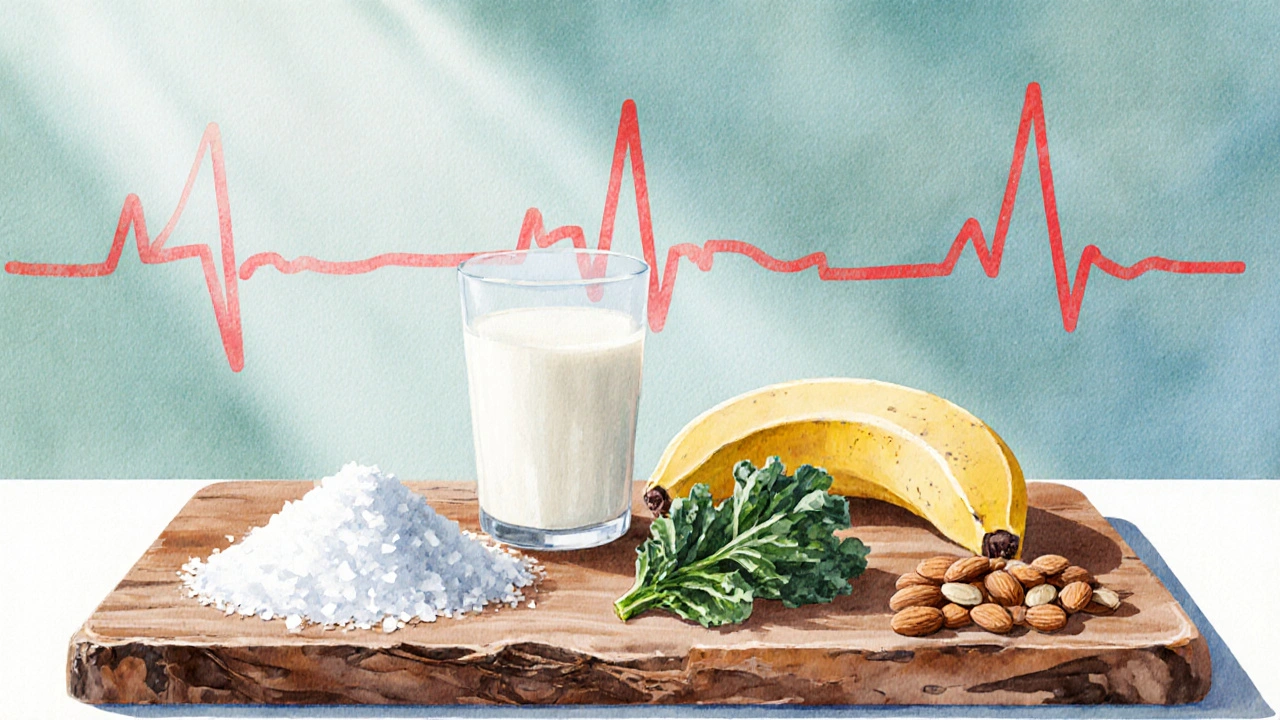
How Imbalance Impacts the Heart
Heart is a muscular organ that relies on precise electrical signaling to contract and relax rhythmically. When electrolytes drift out of range, the signal pathways become noisy.
High sodium levels are a leading driver of Hypertension chronic high blood pressure that strains the heart and arteries. Over time, the left ventricle thickens, and the risk of heart failure climbs.
Low potassium or magnesium can provoke Arrhythmia any irregular heartbeat, from skipped beats to life‑threatening tachycardia. In emergency rooms, clinicians often correct potassium first because it’s the fastest way to stabilize the rhythm.
Calcium spikes, often from excessive supplements, may cause premature contractions, while chronic calcium deficiency weakens the force of each heartbeat, contributing to fatigue and reduced cardiac output.
Common Causes of Electrolyte Disruption
Several everyday factors push electrolytes off balance:
- Dehydration-when you lose water through sweat, fever, or diarrhea, electrolytes are flushed out faster than they’re replaced.
- Heavy reliance on processed foods-these are packed with sodium and often lack potassium, magnesium, and calcium.
- Medications such as diuretics, certain antibiotics, and ACE inhibitors, which alter kidney handling of salts.
- Excessive alcohol intake, which can increase urinary loss of magnesium and potassium.
Recognizing these triggers helps you intervene before the heart feels the strain.
Monitoring Your Electrolyte Health
While you can’t feel electrolyte levels directly, two practical checks give you a solid picture:
- Blood Pressure-regular readings spot sodium‑driven hypertension early. Aim for a systolic under 120mmHg and diastolic under 80mmHg.
- Blood tests-measure serum sodium (135‑145mmol/L), potassium (3.5‑5.0mmol/L), calcium (2.2‑2.6mmol/L), and magnesium (0.75‑0.95mmol/L). Your doctor can flag any out‑of‑range values.
Keeping a log of these numbers, especially if you’re on a medication that affects electrolytes, lets you and your clinician adjust diet or dosage promptly.
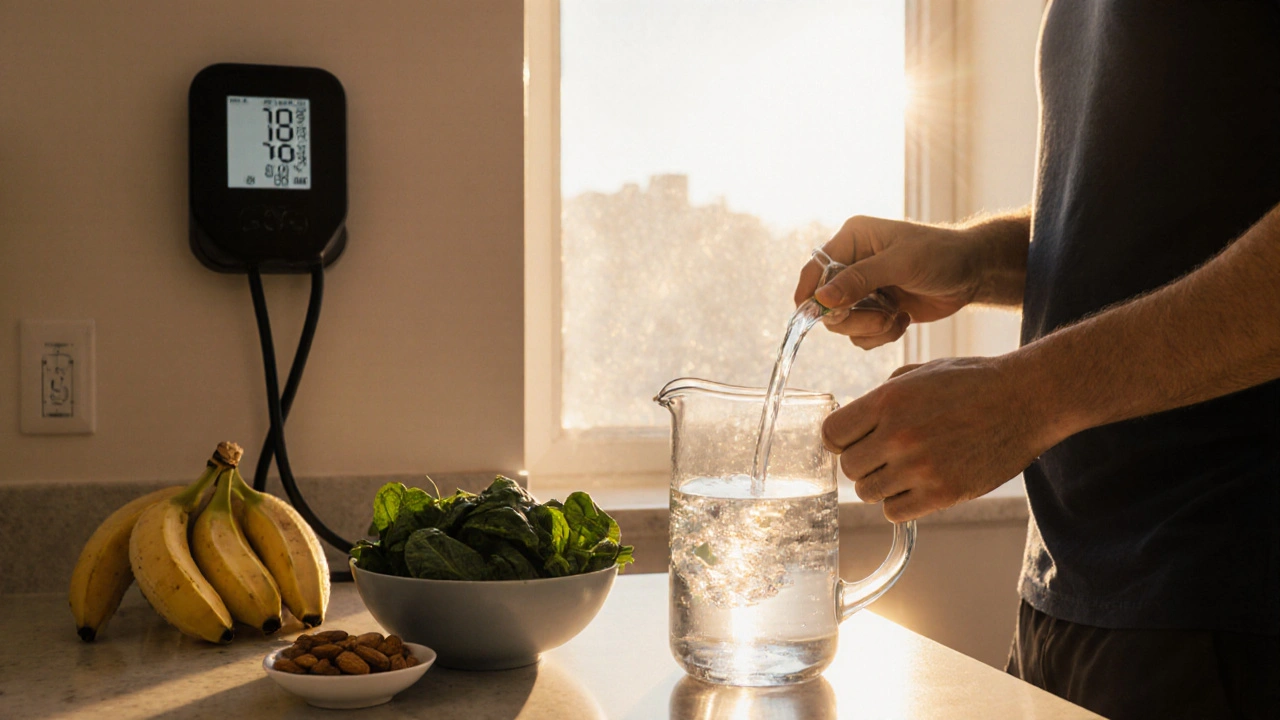
Practical Tips to Keep Electrolytes in Check
- Drink water consistently-about 2L per day for most adults, more if active or in hot climates.
- Eat potassium‑rich foods: bananas, oranges, spinach, sweet potatoes, and tomatoes.
- Include magnesium sources: almonds, pumpkin seeds, black beans, and whole grains.
- Choose calcium‑dense options: low‑fat dairy, fortified plant milks, kale, and sardines with bones.
- Limit processed snacks, canned soups, and fast‑food sauces that hide high sodium.
- If you sweat heavily (sports, outdoor work), replace fluids with an electrolyte drink that contains a balanced mix of sodium, potassium, and magnesium-not just sugar.
- Talk to your doctor before starting any supplement; excess calcium or magnesium can be just as harmful as a deficiency.
Electrolyte Comparison Table
| Electrolyte | Normal Range (mmol/L) | Primary Heart Effect |
|---|---|---|
| Sodium | 135‑145 | Elevated levels raise blood pressure; low levels can cause bradycardia. |
| Potassium | 3.5‑5.0 | Low levels predispose to arrhythmias; high levels may cause cardiac arrest. |
| Calcium | 2.2‑2.6 | Deficiency weakens contraction; excess can trigger premature beats. |
| Magnesium | 0.75‑0.95 | Low magnesium amplifies sodium‑induced hypertension and arrhythmias. |
Next Steps and Troubleshooting
If you notice symptoms like muscle cramps, irregular heartbeat, dizziness, or frequent thirst, start with a home blood‑pressure check. Pair that with a quick review of your recent diet and fluid intake. If readings are high or you’ve been ill (vomiting, diarrhea), schedule a blood test within a week.
For athletes, consider a post‑workout electrolyte drink that lists exact milligram amounts. For seniors on diuretics, a low‑sodium, potassium‑rich diet often does the trick without extra pills.
Remember, the goal isn’t to eliminate sodium completely-your body needs it-but to keep it balanced with potassium, calcium, and magnesium. A steady rhythm starts with a steady chemistry.
Frequently Asked Questions
Can I get enough electrolytes from food alone?
Yes. A varied diet that includes fruits, vegetables, nuts, dairy or fortified alternatives, and moderate amounts of lean protein typically supplies the needed sodium, potassium, calcium, and magnesium. Supplements are only needed if a blood test shows a deficiency.
How fast can electrolyte imbalance affect my heart?
Changes can be rapid, especially after intense sweating or severe vomiting. Within a few hours, low potassium or magnesium may trigger palpitations. Chronic high sodium builds pressure over months, eventually leading to hypertension.
Is drinking sports drinks enough for everyday electrolyte balance?
Sports drinks are designed for acute exercise, often containing more sugar than needed. For daily use, water plus a food‑based diet is healthier. Use a low‑calorie electrolyte tablet only if you’re losing a lot of sweat.
Do diuretics always cause low potassium?
Many diuretics increase potassium loss, but potassium‑sparing varieties (like spironolactone) do not. Your doctor can choose the type that matches your blood‑pressure goals and electrolyte profile.
What symptoms should make me call a doctor right away?
Sudden chest pain, fainting, rapid irregular heartbeat, severe muscle weakness, or confusion. These could signal a dangerous electrolyte shift and need urgent medical assessment.

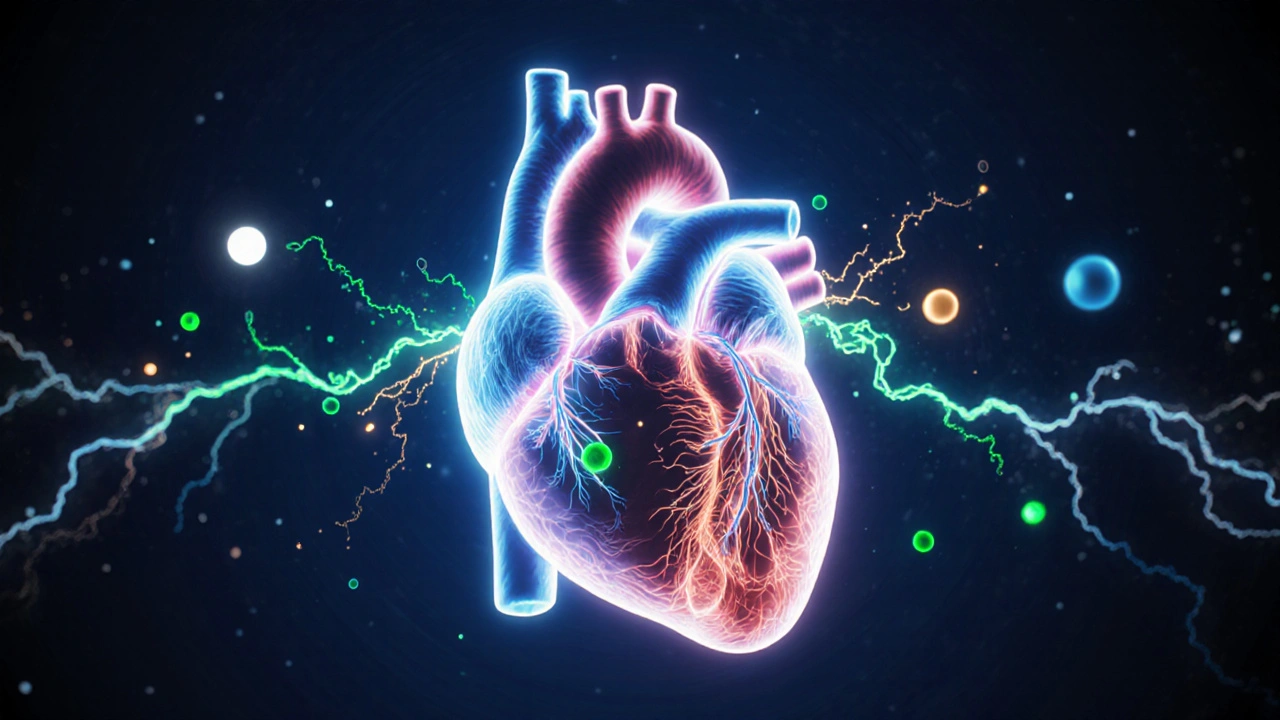


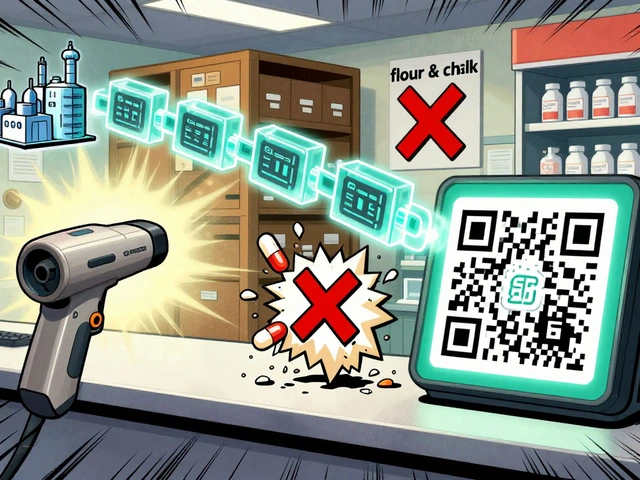
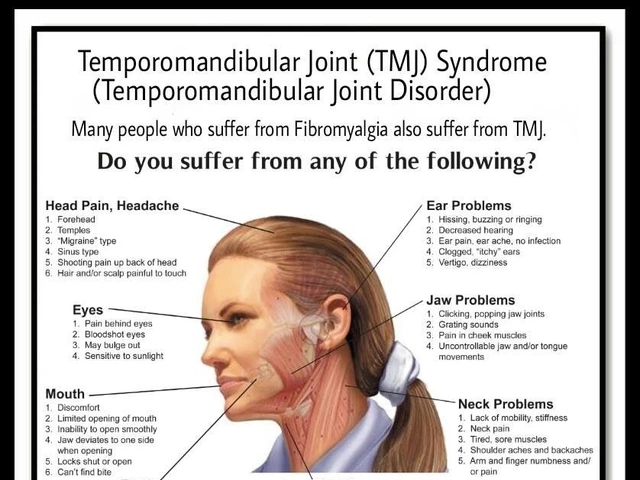
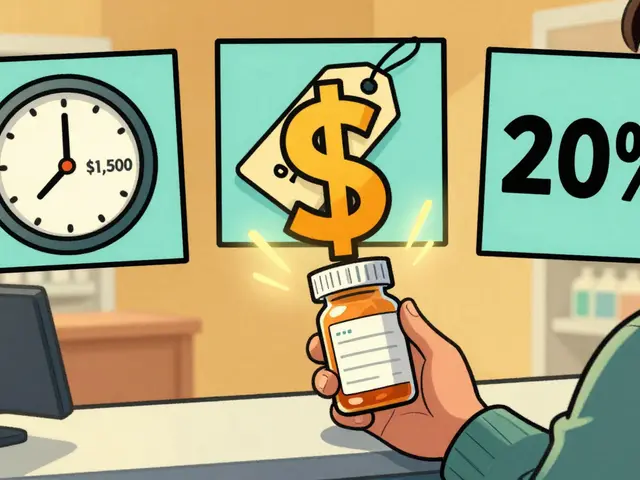

13 Comments
Wow, that rundown on electrolytes really hits home. Your breakdown makes the chemistry feel less like a lab and more like everyday kitchen talk. Keeping an eye on sodium and potassium can be as easy as swapping chips for a banana or a handful of nuts. I love how you paired the science with practical diet tweaks – that’s gold for anyone trying to stay heart‑healthy. Thanks for sharing a tool that turns numbers into real‑world actions.
Nice guide, very clear.
The exposition delineates the pathophysiological mechanisms with commendable rigor. However, the reliance on generic dietary advice eclipses the nuance required for individualized therapy. Future iterations would benefit from integrating genotype‑guided electrolyte management.
Hey, love how you turned a heavy topic into something we can actually use! Those quick snack swaps are real game‑changers, especially when you’re juggling a busy schedule. Keep the upbeat vibe coming – it makes health info feel less like a lecture and more like a friendly chat.
Great point about bananas, Taylor! I’d add that a splash of orange juice can boost potassium even on a hectic morning. Pair that with a handful of almonds for magnesium, and you’ve got a heart‑friendly combo that fits right into a coffee break. Keep the momentum – small steps add up fast.
Eat less processed food its the key. Your body will thank you
In contemplating the delicate equilibrium of electrolytes, one confronts the intersection of chemistry and the very pulse of existence. The heart, a relentless metronome, depends upon sodium's extracellular presence to sustain appropriate intravascular volume. Yet, an excess of this cation inexorably begets hypertension, a silent adversary to vascular integrity. Potassium, by contrast, reigns within the intracellular realm, orchestrating the repolarization phase that terminates each myocardial contraction. Deficiency in this noble ion engenders arrhythmias that may culminate in ventricular fibrillation, a fate no mortal wishes. Calcium, essential for excitation‑contraction coupling, must remain within a narrow bandwidth lest contractile force falter or premature ectopic beats emerge. Likewise, magnesium serves as the unsung moderator, tempering both sodium and potassium channels and safeguarding against hyperexcitability. The renal apparatus, guided by aldosterone and antidiuretic hormone, adjudicates the excretion or retention of these minerals, yet lifestyle choices often usurp this homeostatic governance. Dehydration, a commonplace state, precipitously depletes circulating volumes and concentrates electrolytes, thereby distorting the delicate balance. Processed alimentary products, abundant in sodium yet bereft of potassium, magnesium, and calcium, tilt the scales toward hypertensive pathology. Moreover, certain pharmacologic agents, notably loop diuretics, precipitate profound kaliuresis and magnesuria, demanding vigilant monitoring. The clinical implication is clear: periodic laboratory assessment constitutes the sentinel watch over this biochemical orchestra. Yet, beyond the sterile confines of the laboratory, dietary stewardship-embracing fruits, leafy greens, legumes, and judicious dairy-constitutes the primary bulwark against imbalance. In the realm of athletic endeavor, the rapid loss of electrolytes through perspiration necessitates calibrated replenishment, lest performance be compromised. One must also recognize that excess supplementation, particularly of calcium, may engender vascular calcification, a paradoxical threat to the very organ it intends to protect. Ultimately, the cardiovascular system's resilience is predicated upon the harmonious concerto of sodium, potassium, calcium, and magnesium, each playing its part with precision. Let us, therefore, honor this symphony through mindful consumption, regular monitoring, and conscientious medical oversight. 😊
Reading your philosophical tour of electrolytes felt like a poetic heartbeat-every sentence a drumbeat reminding us how these tiny ions shape our lives. I especially loved the line about magnesium being the “unsung moderator,” because it captures the quiet heroism of that mineral. It’s easy to get lost in the science, but your narrative brings it back to the kitchen table, where a banana or a handful of almonds becomes a stanza in our health story. Thanks for turning data into a lyrical reminder that our bodies are both machines and poems.
What, precisely, are the quantitative thresholds at which sodium transitions from physiological necessity to pathological liability?; Moreover, could the author elucidate the mechanistic interplay between aldosterone-mediated sodium reabsorption and potassium excretion in the context of chronic antihypertensive therapy?; I would appreciate a citation of recent meta‑analytic evidence supporting the recommended dietary potassium intake for arrhythmia prophylaxis.
Sodium too high raises blood pressure potassium too low sparks arrhythmias. Keep a balanced diet and regular check‑ups
Totally agree, Anthony. I try to sneak spinach into my smoothies – it’s an easy way to up potassium without the taste of a veggie plate.
Everyone’s pointing out great practical tips, and it’s clear that a simple shift in daily meals can make a big difference for heart health. If anyone’s looking for quick ideas, swapping out a salty snack for a small serving of trail mix gives magnesium and a satisfying crunch. Let’s keep sharing what works for us.
While the advice is pleasant, it skirts the deeper issue that many ignore the systemic overconsumption of processed foods, perpetuating electrolyte chaos.